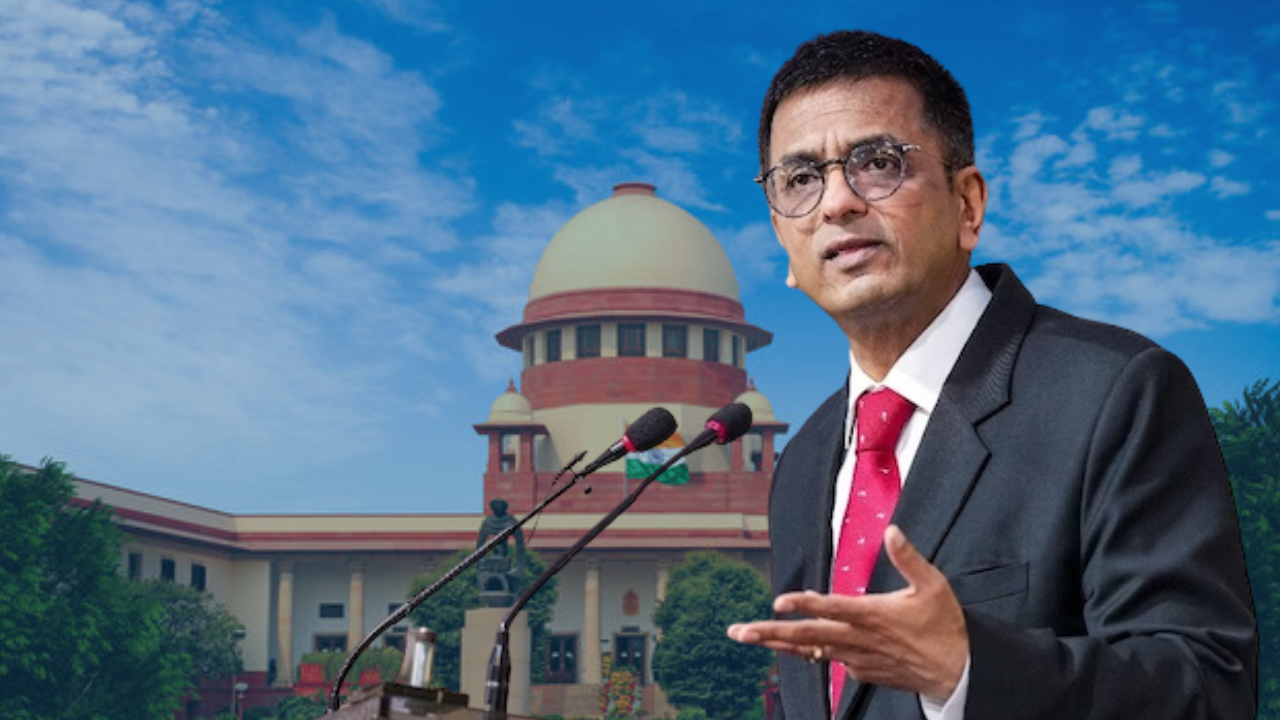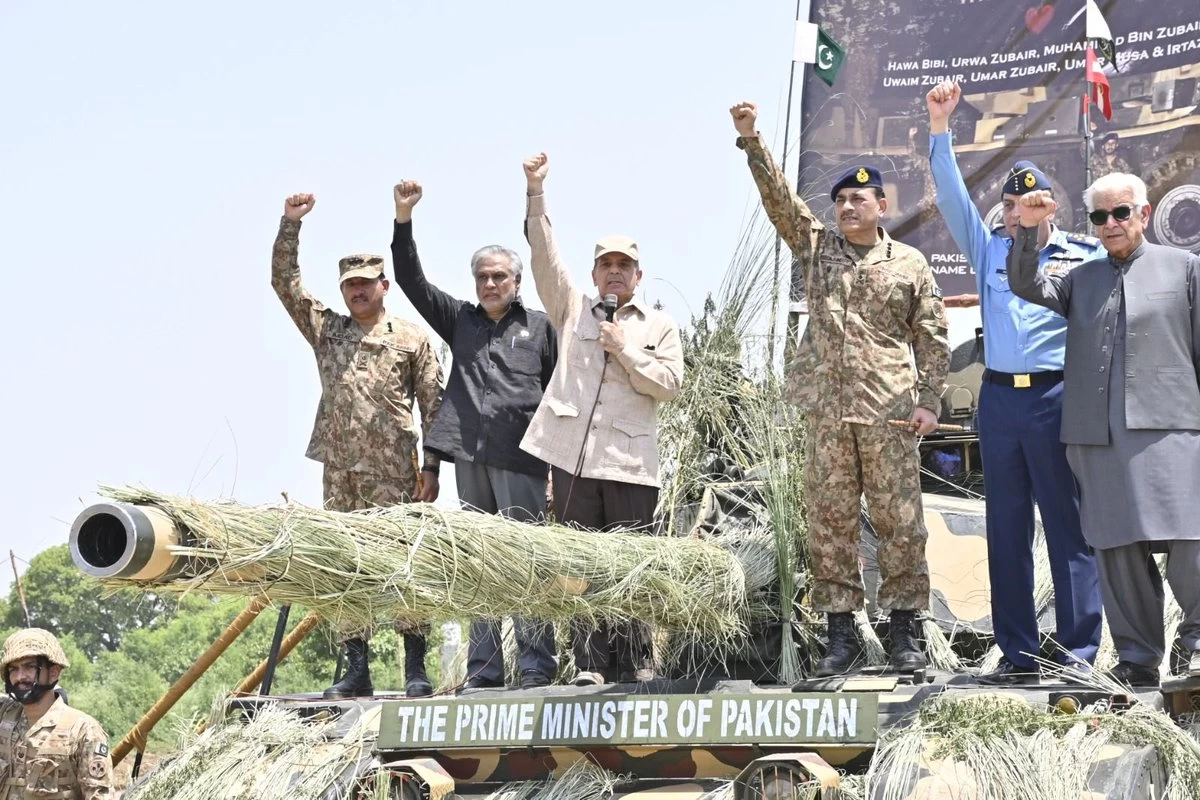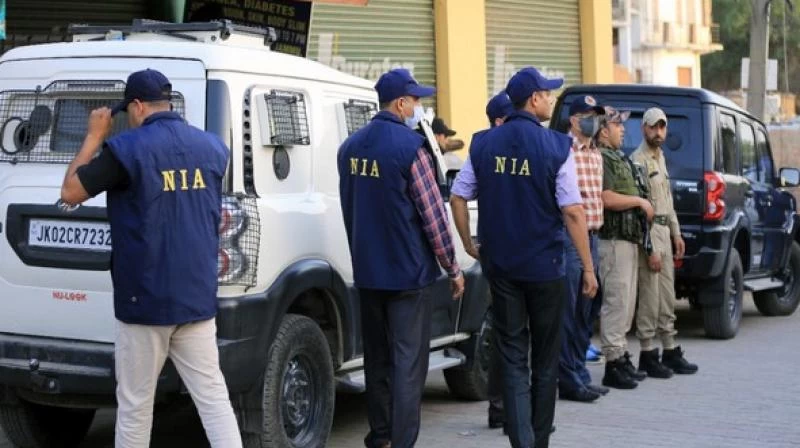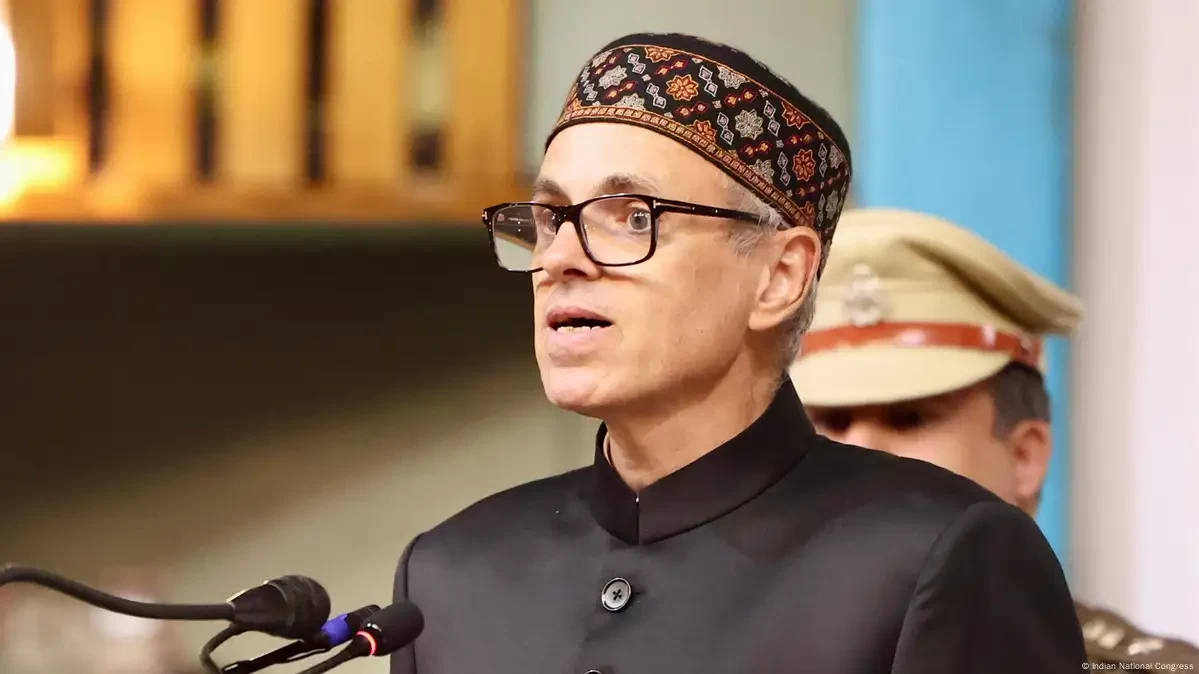Latest Updates
"Administration of justice is affected by media trials” observes the Supreme Court of India

The Supreme Court denounced the practice of media trials on Wednesday. It has been pointed out by the SC that biased reporting can lead to public suspicion that an individual has committed a crime, blatantly in violation of the directive of ‘innocent until proven guilty.’ The SC has further directed the Union Home Ministry to create guidelines for the police to follow during press briefings on criminal cases. The ministry has been given a deadline of three months to develop a comprehensive guidebook.
"Administration of justice is affected by 'media trials'. Need to decide at which stage details should be disclosed. This is a very important issue because it involves interests of victim and accused. It also involves the interest of the public at large... media report on crime-related matters involves many aspects of public interest," the court said.
The bench, led by Chief Justice DY Chandrachud has instructed the senior police officers in each state, as well as the National Human Rights Commission, to submit recommendations to the home ministry within a month, to facilitate the process of compiling a comprehensive guidebook. The next hearing is scheduled for January.
"At a basic level, the fundamental right to speech and expression is directly involved in the context of both the media's right to portray and broadcast ideas and news... but we should not allow 'media trial'. People have the right to access information. But, if important evidence, is revealed during the investigation, the investigation can also be affected," the court argued stating that the overt interference of the media often hampers the ongoing investigation.
"The accused, whose conduct is under investigation, is entitled to a fair and unbiased investigation.... at every stage, every accused is entitled to the presumption of innocence. Media reportage that implicates an accused is unfair," observed the Supreme Court. The Supreme Court was hearing a petition regarding a 2017 instruction pertaining to media trials and biased reporting. The SC had then ordered the government to create guidelines for police briefings while taking into account the rights of both the accused and the victim, and ensuring that these rights are not infringed upon in any way. The court had given the government six weeks to prepare a draft report.
The Chief Justice requested journalists in March to maintain accuracy, impartiality, and responsibility in their reporting. He expressed concern over the selective quoting of speeches and judgments, which can mislead the public's understanding of important legal issues.
During a court hearing, Additional Solicitor General Aishwarya Bhati informed the court that the government plans to create guidelines for police media briefings. The government will notify the court once the guidelines are developed and published. The Supreme Court expressed concern over "media trials" and emphasized the importance of protecting the privacy of victims and complainants, especially if they are juveniles. The court stressed that violating their privacy is unacceptable and must be avoided at all costs.






.webp)
.webp)

